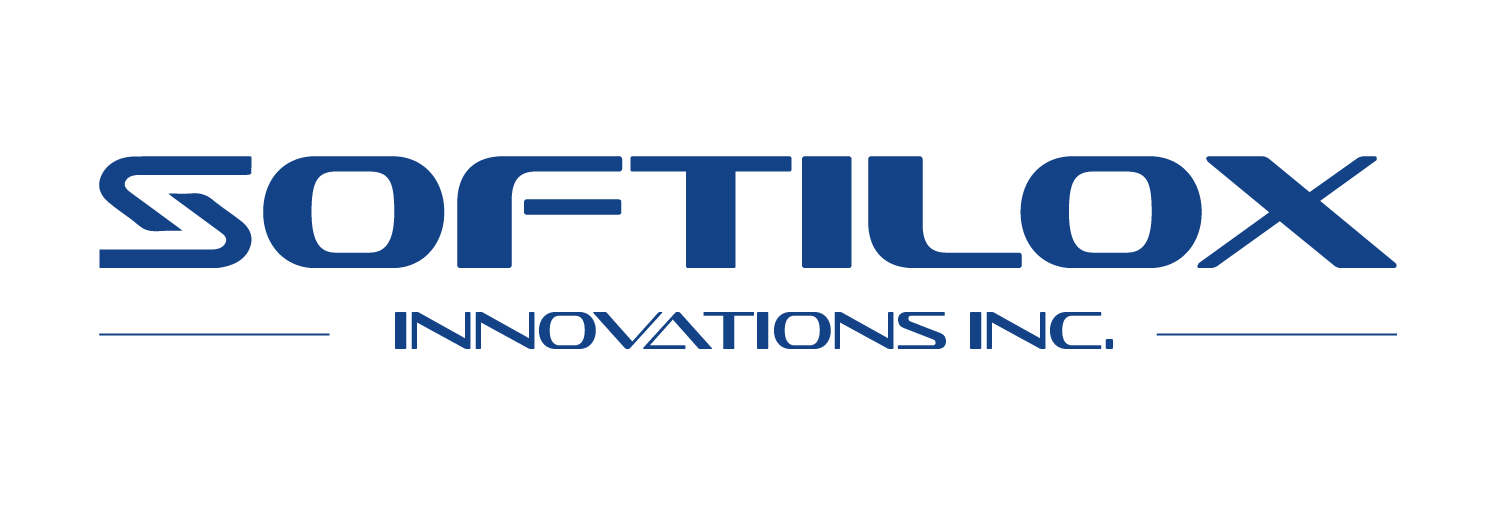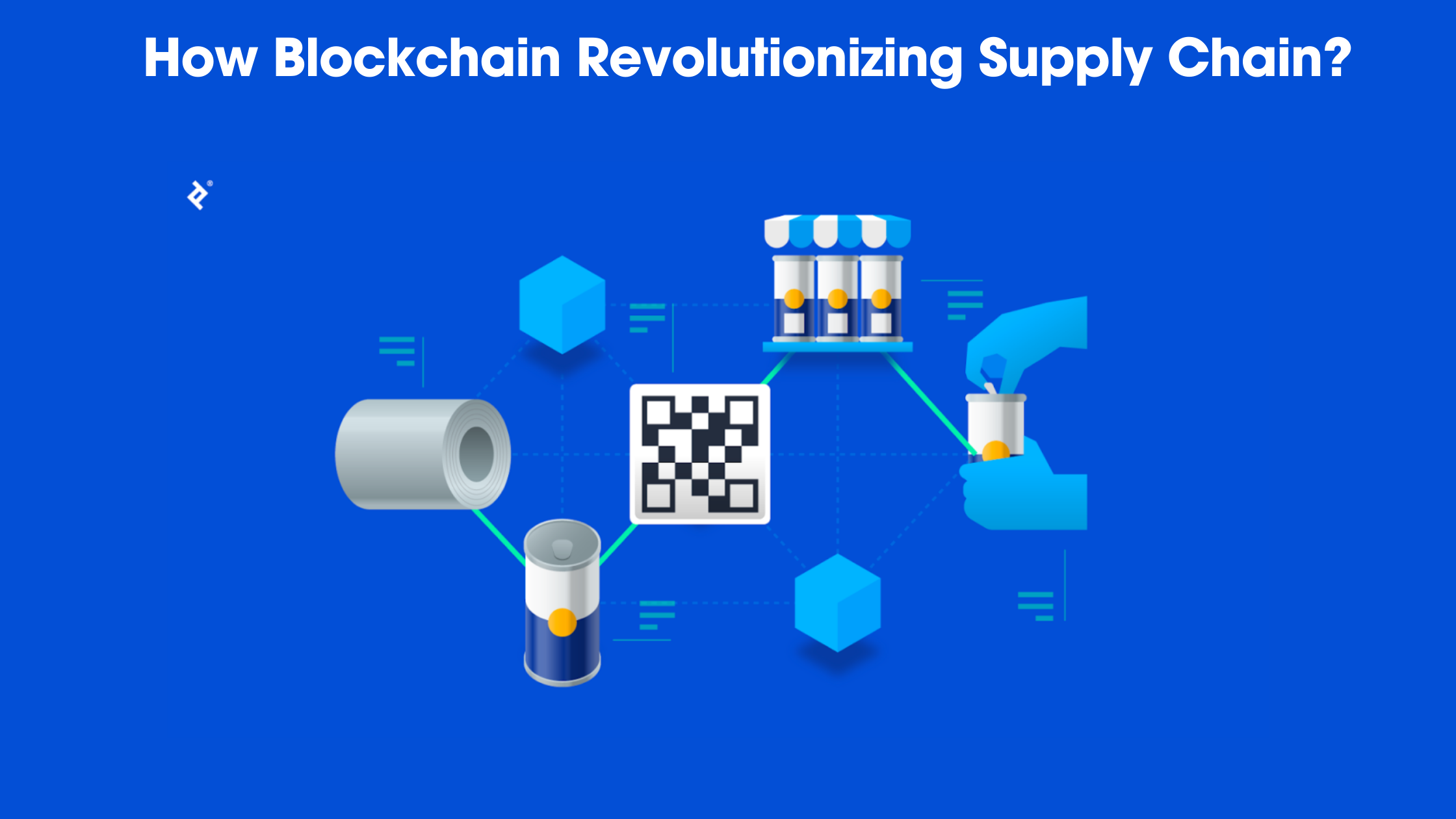Blockchain technology has emerged as a game-changer in various industries, offering unparalleled transparency, security, and efficiency. One area where blockchain holds immense promise is supply chain management. In this blog post, we’ll delve into the transformative potential of blockchain in supply chain management and explore how it’s revolutionizing the way businesses track and manage goods, streamline operations, and build trust across the supply chain.
Enhancing Transparency and Traceability: One of the primary challenges in traditional supply chain management is the lack of transparency and visibility across the entire supply chain network. Blockchain technology addresses this issue by providing a decentralized and immutable ledger that records every transaction and movement of goods from the point of origin to the final destination. Each transaction is securely recorded on the blockchain, creating an auditable trail of information that enables stakeholders to track the provenance of products, verify their authenticity, and ensure compliance with regulatory requirements. By enhancing transparency and traceability, blockchain enables businesses to detect and address supply chain issues more quickly and effectively, reducing the risk of fraud, counterfeiting, and supply chain disruptions.
Streamlining Operations and Reducing Costs: In addition to improving transparency, blockchain technology can streamline supply chain operations and reduce costs by automating manual processes and eliminating inefficiencies. Smart contracts, which are self-executing contracts with the terms of the agreement directly written into code, can automate key supply chain processes, such as inventory management, procurement, and payments. By removing intermediaries and facilitating direct peer-to-peer transactions, blockchain reduces administrative overhead, minimizes paperwork, and accelerates the flow of goods and information throughout the supply chain. This results in faster delivery times, lower transaction costs, and improved overall efficiency for businesses.
Building Trust and Collaboration: Perhaps most importantly, blockchain technology fosters trust and collaboration among supply chain participants by providing a shared and tamper-proof record of transactions. With blockchain, stakeholders can access real-time information about the status and history of products, enabling greater accountability and collaboration throughout the supply chain ecosystem. By establishing a decentralized and transparent infrastructure for trust, blockchain enables suppliers, manufacturers, distributors, and retailers to work together more effectively, share data securely, and make informed decisions that benefit the entire supply chain.
Embracing the Future of Supply Chain Management: In conclusion, blockchain technology represents a paradigm shift in how supply chains are managed and operated. By leveraging the transparency, security, and efficiency of blockchain, businesses can transform their supply chain operations, enhance visibility and traceability, and build trust across their networks. As blockchain continues to mature and gain widespread adoption, it will play an increasingly integral role in shaping the future of supply chain management, driving innovation, and delivering value for businesses and consumers alike.


Add a Comment